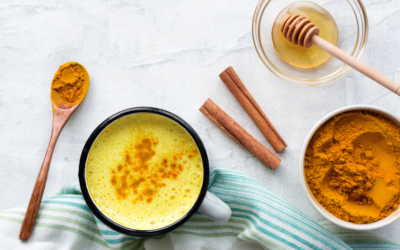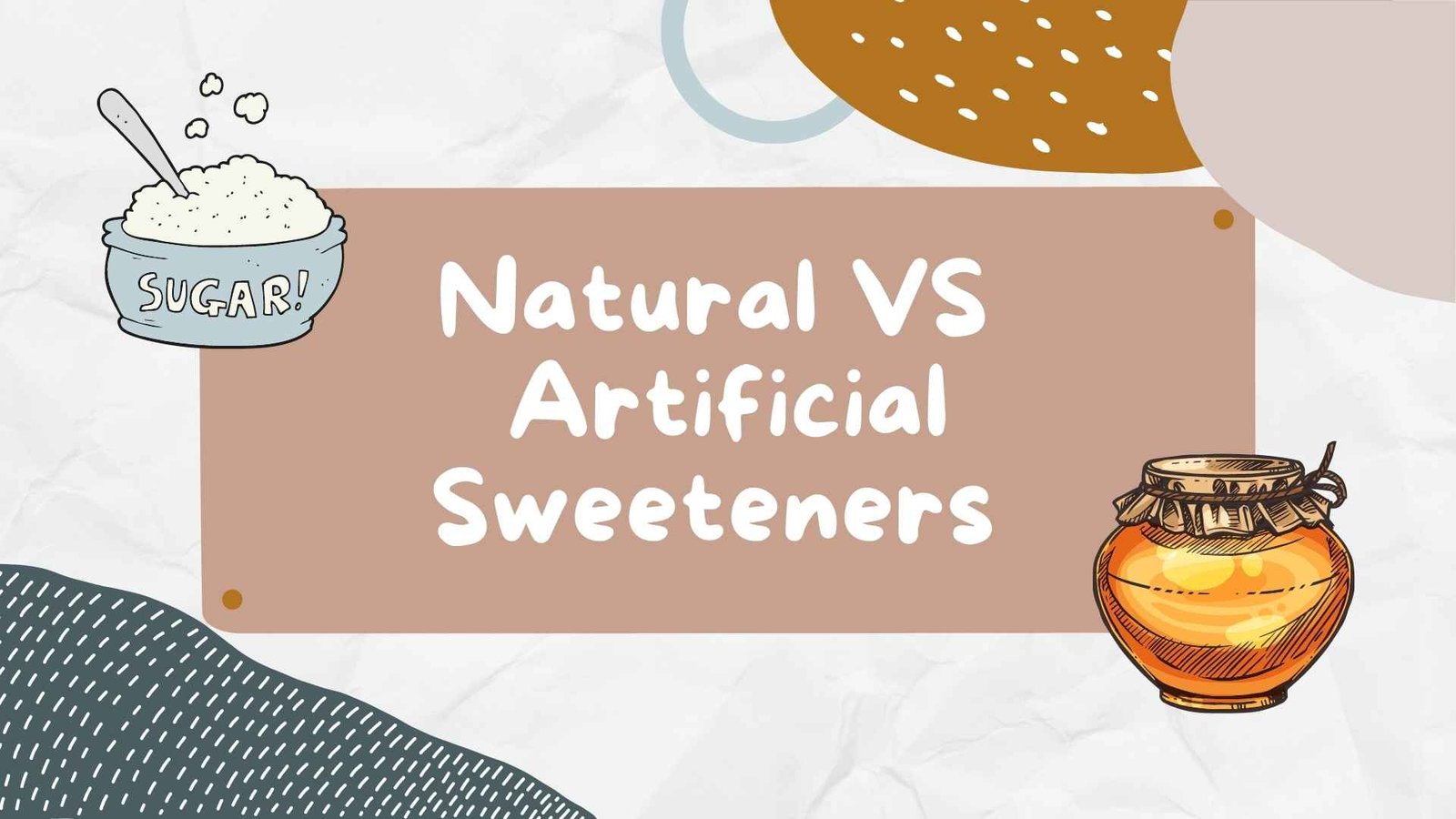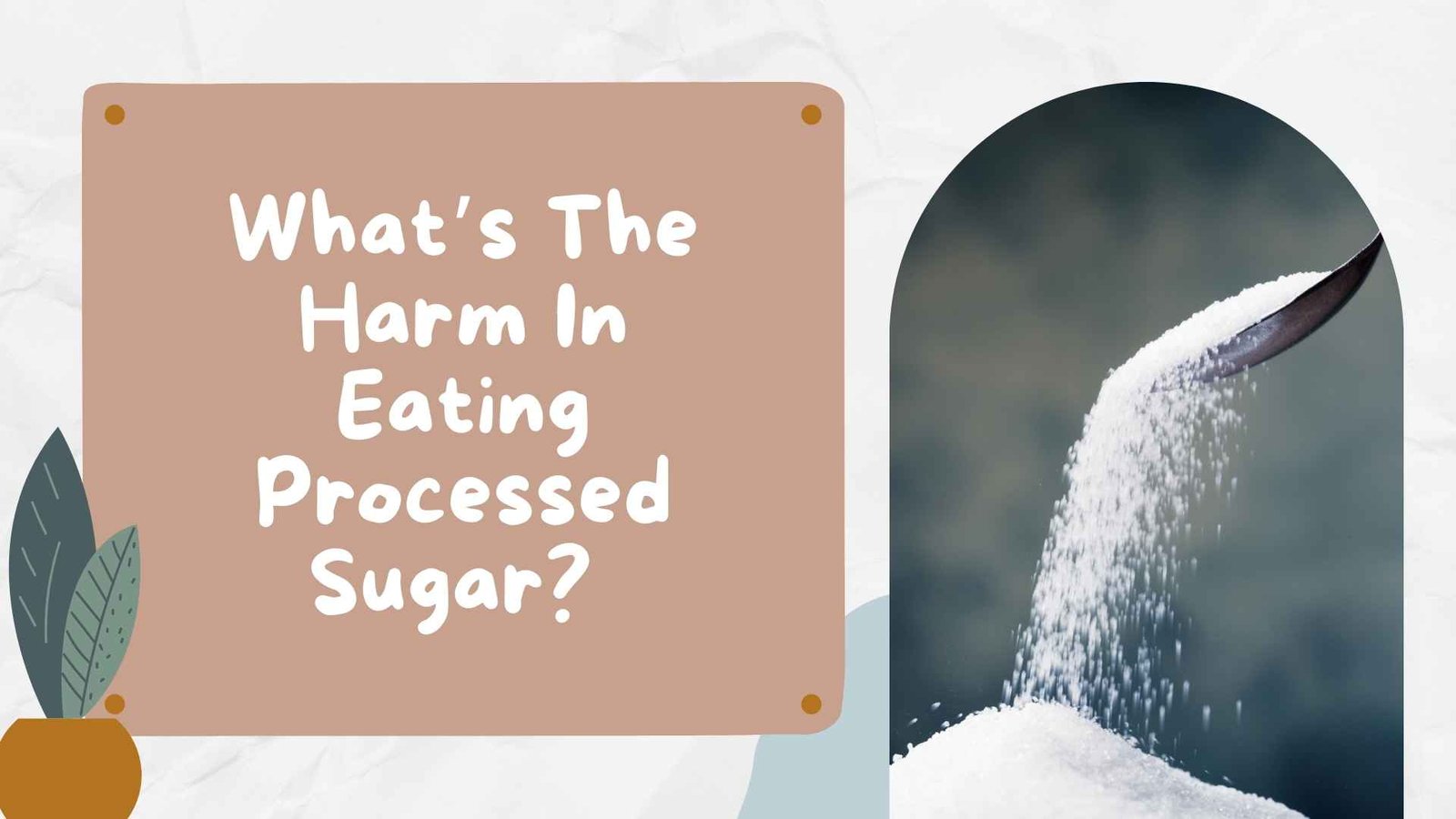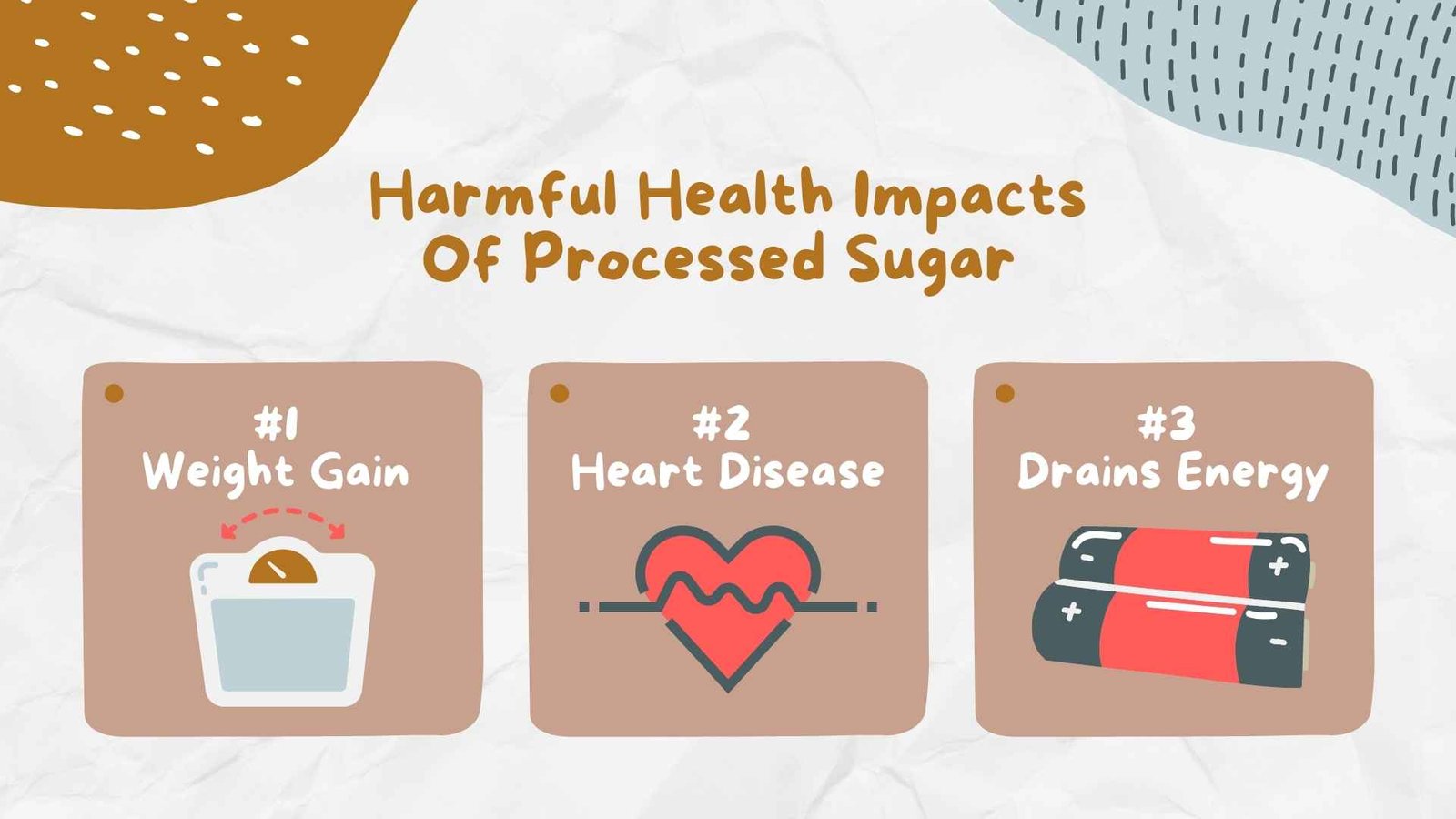Sugar: The Greatest Enemy
You might have heard that consuming foods that contain processed sugar is bad for you. This is true, but what are the negative impacts of consuming large amounts of sugar? What are some better, natural alternatives? Find out more in this article.
What’s The Harm In Eating Processed Sugar?
From your favourite pastries to sauces and condiments, sugar is an ingredient that can be found in almost all foods. Many of us consume processed foods since they are affordable and convenient. However, we may be unaware of just how much we are consuming daily. In the US, added sugars account for up to 17% of the total calorie intake of adults and up to 14% for children. Dietary guidelines are significantly lower than that. It suggests that we limit calories from added sugar to less than 10% per day. So, what are the negative impacts of consuming so much sugar?
#1 Cause Weight Gain
It is no secret that the rates of obesity are rising worldwide. According to the World Health Organization, 39% of adults aged 18 years and over (39% of men and 40% of women) were overweight in 2016. Overall, about 13% of the world’s adult population (11% of men and 15% of women) were obese in 2016. The worldwide prevalence of obesity nearly tripled between 1975 and 2016. It is suspected that sugar is one of the main reasons why rates of obesity have risen exponentially. Sugar-sweetened drinks like sodas, bubble tea, and juices contain a large amount of fructose, a simple sugar. Consuming fructose increases your hunger and desire for food more than glucose, the main type of sugar found in starchy foods. Additionally, excessive fructose consumption may cause resistance to leptin, an important hormone that regulates hunger and tells your body to stop eating.
#2 Increased Risk Of Heart Disease
High-sugar diets can be linked to a multitude of health problems. The most severe of which is heart disease. Diets that contain high amounts of sugar can lead to obesity, inflammation, and high triglyceride, blood sugar, and blood pressure levels — all risk factors for heart disease. A study in over 30,000 people found that those who consumed 17–21% of calories from added sugar had a 38% greater risk of dying from heart disease, compared to those consuming only 8% of calories from added sugar.
#3 Drains Much-needed Energy
Foods that are high in simple sugars can cause a rapid spike in blood sugar and insulin levels in your body. For a short amount of time, this can lead to a boost in energy. However, this initial boost is only short-lived. Products that are loaded with sugar but lacking in protein, fiber, or fat lead to a brief energy boost that’s quickly followed by a sharp drop in blood sugar. This is associated with a significant plummet in energy levels, which can be counter-productive.
What Are The Better, Natural Alternatives?
#1 Stevia
Stevia is a natural sweetener that has recently begun to gain popularity, even as conglomerates such as Coca-Cola have been using it in their drinks. It is native to South America and has been used throughout history to support healthy blood sugar levels and prompt weight loss. It has zero calories, zero carbohydrates, and none of the nasty side effects of artificial sweeteners. This makes stevia suitable for diabetics and also those on a ketogenic diet.
#2 Manuka Honey
As compared to stevia, raw, manuka honey is a long-standing, popular alternative to sugar as a natural sweetener. It really is a true superfood. It is packed with enzymes, antioxidants, and other nutrients that are crucial for good health. Furthermore, manuka honey even has antibacterial and anti-inflammatory properties, as compared to its regular counterparts. Raw manuka honey has so many additional benefits on top of just sweetening your foods. Excellent! Understand more about different types of honey here! One tablespoon of raw honey has less impact on glycemic load than a single banana. Learn more about the Glycemic Index here. Furthermore, manuka honey is incredibly versatile and can be used in savoury foods, or as a topping and add-in to sweeten drinks.
Conclusion
Unfortunately, processed sugar has an extensive list of negative health impacts. However, it is important to note that all foods should be consumed in moderation. A little ice cream here and there can’t hurt! Fortunately, we have the option of natural sweeteners, such as manuka honey! If you’re looking to be a little healthier, try our manuka honey today.






